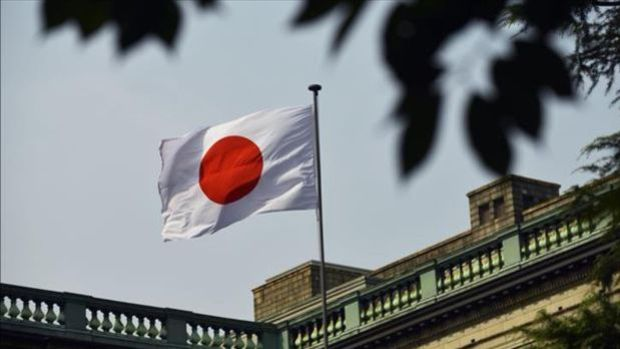Japan raises interest rates after 17 years
The Bank of Japan (BOJ) has ended its negative interest rate policy that it began in 2016. The BOJ raised its policy rate to a range of 0% to 0.1% from -0.1%. The Bank of Japan (BOJ) raised interest rates for the first time since 2007, ending the world’s last negative interest rate regime amid the first signs of strong wage increases this year. The BOJ raised short-term interest rates from minus 0.1% to around 0% to 0.1%, according to a statement at the end of a two-day policy meeting. Japan’s negative interest rate regime had been in effect since 2016. The BOJ also announced the elimination of its radical yield curve control policy for 10-year Japanese government bonds, which the central bank used to target long-term interest rates by buying and selling bonds as needed. The BOJ said it will halt purchases of exchange-traded funds and Japan real estate investment trusts (J-REITS) and gradually reduce its purchases of corporate bonds, a practice it aims to halt in about a year.


